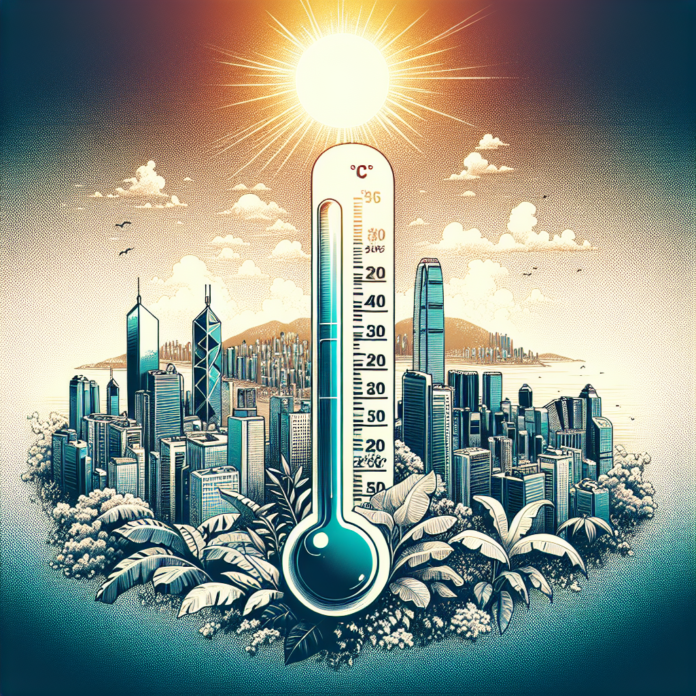Hong Kong Declares 2024 Hottest Year Ever
Hong Kong Reports Record High Temperatures in 2024
In a recent announcement, Hong Kong’s weather authorities confirmed that 2024 has been marked as the hottest year on record for the city. This alarming statistic comes as part of a broader trend of rising temperatures that has been observed globally, with numerous regions experiencing unprecedented heat waves.
The Hong Kong Observatory reported that average temperatures throughout the year reached levels that far exceeded previous records. The city experienced prolonged periods of extreme heat, with daily maximum temperatures frequently surpassing the 35-degree Celsius (95-degree Fahrenheit) mark. The combination of high humidity and elevated temperatures contributed to what many residents described as an oppressive summer.
Contributing Factors to the Heatwave
Several factors have been attributed to the extreme heat experienced in Hong Kong. Climate change, driven largely by human activities such as fossil fuel combustion and deforestation, has significantly altered weather patterns. The urban heat island effect, where urban areas become significantly warmer than their rural surroundings due to human activities, has also exacerbated the situation in densely populated cities like Hong Kong.
Additionally, the region has been affected by a series of atmospheric phenomena, including El Niño, which is known to contribute to warmer global temperatures. Experts predict that as climate change continues to intensify, such extreme weather events will become more frequent and severe.
Implications for Residents and Infrastructure
The record-high temperatures have significant implications for residents’ health and well-being. Public health officials have raised concerns about heat-related illnesses, particularly among vulnerable populations such as the elderly and those with pre-existing health conditions. As a result, local health authorities have been working to implement measures aimed at mitigating risks, including increasing public awareness about the dangers of extreme heat and promoting hydration.
Moreover, the infrastructure in Hong Kong faces challenges due to the rising temperatures. Increased energy demands for air conditioning during heat waves can strain the city’s power grid. In response, the government is exploring alternative energy sources and investing in green technologies to promote sustainability and reduce carbon emissions.
Looking Ahead: Climate Action and Community Resilience
As Hong Kong grapples with the realities of climate change, the need for robust climate action has never been more urgent. Policymakers are being urged to develop comprehensive strategies that not only address immediate heat-related challenges but also promote long-term resilience against future climate impacts.
Community engagement and education will be crucial in fostering a culture of sustainability. Initiatives aimed at enhancing green spaces, improving public transportation, and promoting energy efficiency can help mitigate the effects of urban heat.
In conclusion, the record-breaking heat of 2024 serves as a stark reminder of the pressing challenges posed by climate change. As Hong Kong navigates this new reality, both government and citizens must come together to implement effective solutions that prioritize public health and environmental sustainability.


